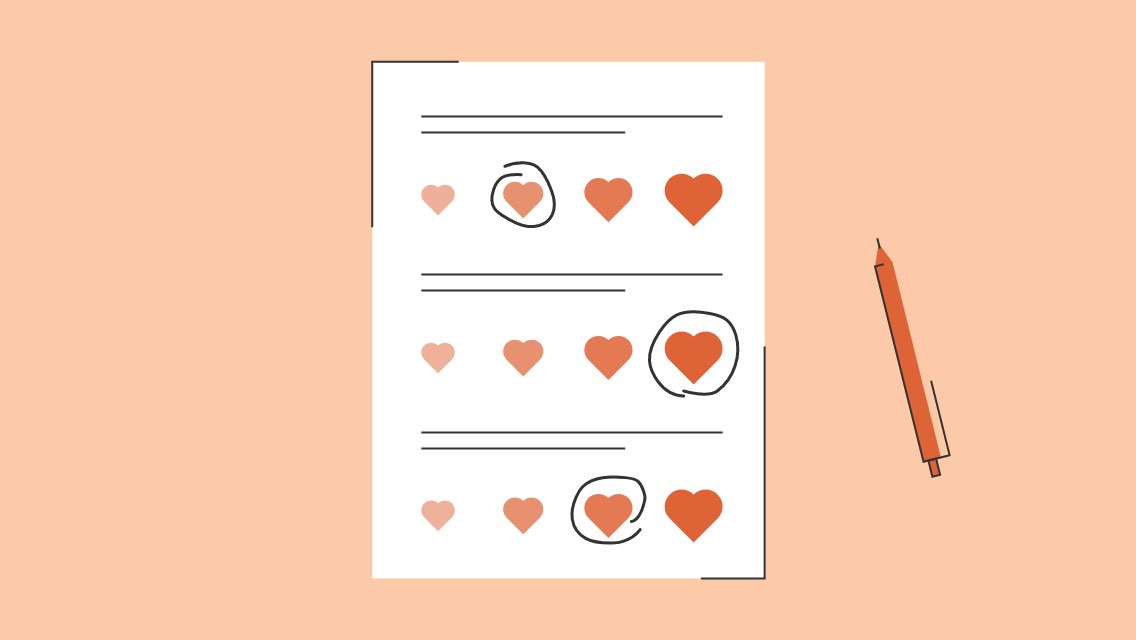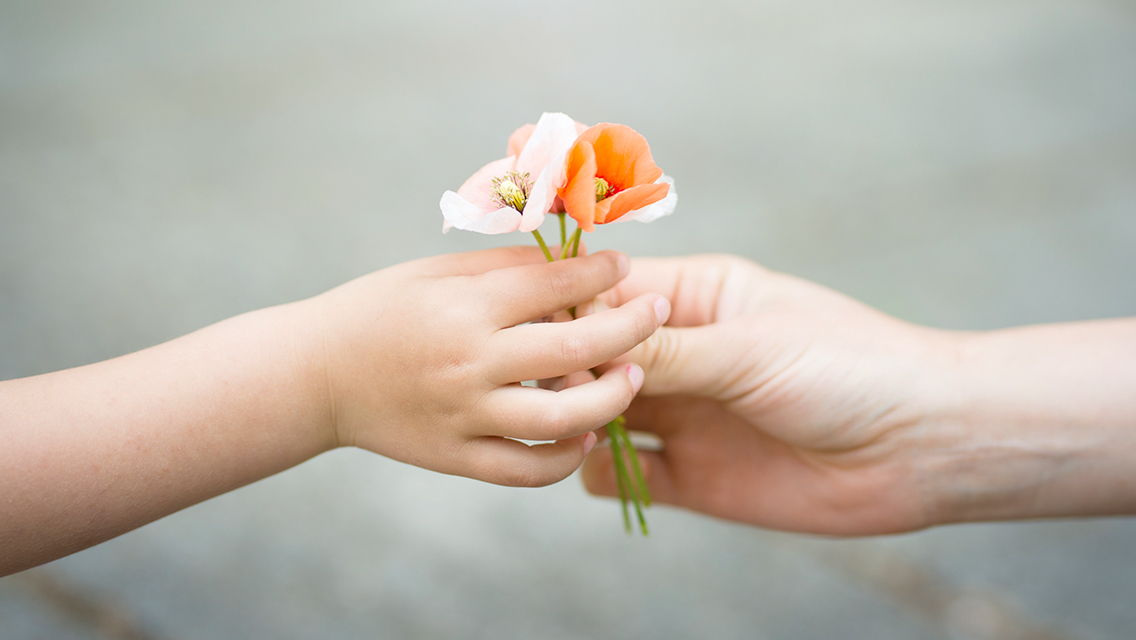Our brains have a “negativity bias,” which predisposes us to fear-based, kindness-killing behaviors like rushing and defensiveness, explains Elisha Goldstein, PhD, author of Uncovering Happiness: Overcoming Depression with Mindfulness and Self-Compassion. But we can develop habits to help override those impulses. The exercise below helps reveal which pro-kindness habits you’ve already mastered — and which might deserve more of your conscious attention.
For each statement, check whether it is “Not at all like me,” “A little like me,” “Mostly like me,” or “Exactly like me.”
Not At All Like Me |
A Little Like Me |
Mostly Like Me |
Exactly Like Me |
|
| 1. I am rarely in a hurry | ||||
| 2. When I’m irritated, I know how to sooth myself. | ||||
| 3. I feel grateful for the good fortune in my life. | ||||
| 4. My cellphone is out of sight during dinner with others. | ||||
| 5. People describe me as a good listener. | ||||
| 6. I like to help others. | ||||
| 7. Receiving help is comfortable for me. | ||||
| 8. I feel like I have what I need most of the time. | ||||
| 9. The people I live with feel appreciated by me. | ||||
| 10. What I make mistakes, I know I can always start over. |
Assess yourself: If you checked mostly “Exactly like me” or “Mostly like me,” you’re probably generally inclined toward kindness. Answers of “Not at all like me” or “A little like me” show where you have room for improvement.
This quiz is excerpted from “The Power of Kindness” from the May 2015 issue of Experience Life magazine.




This Post Has 0 Comments